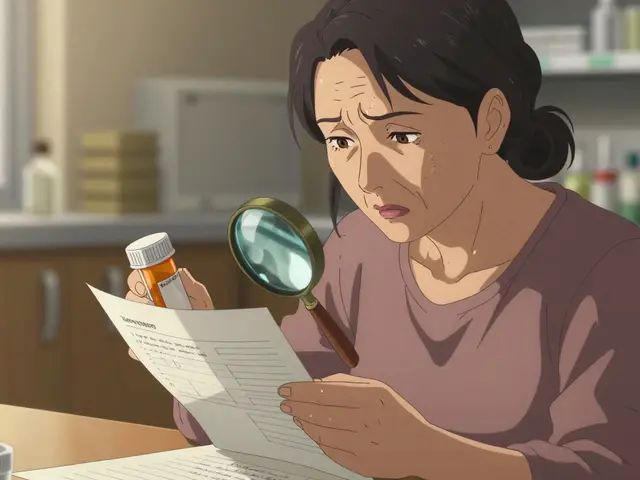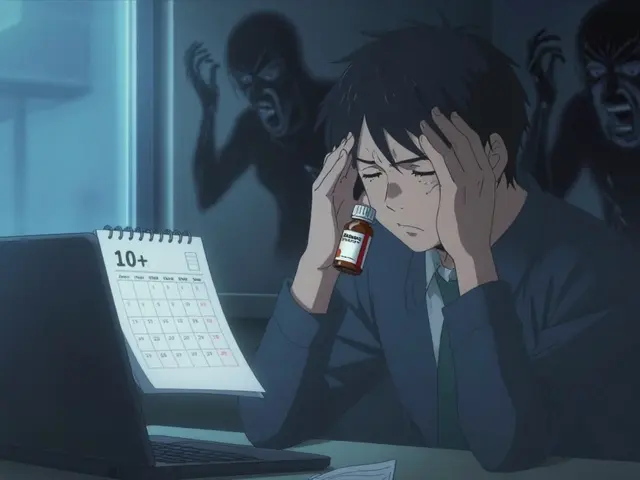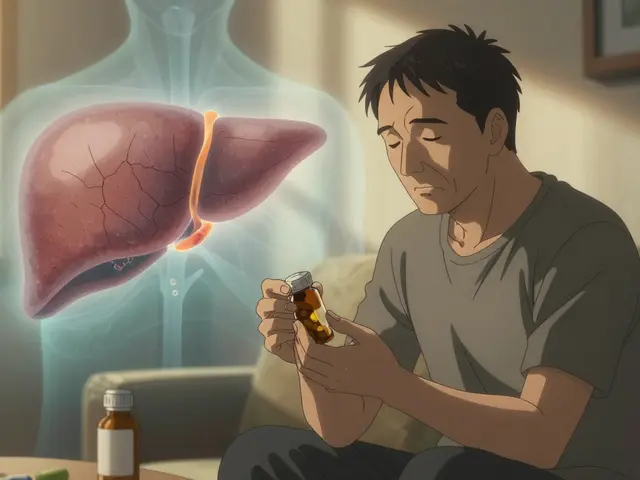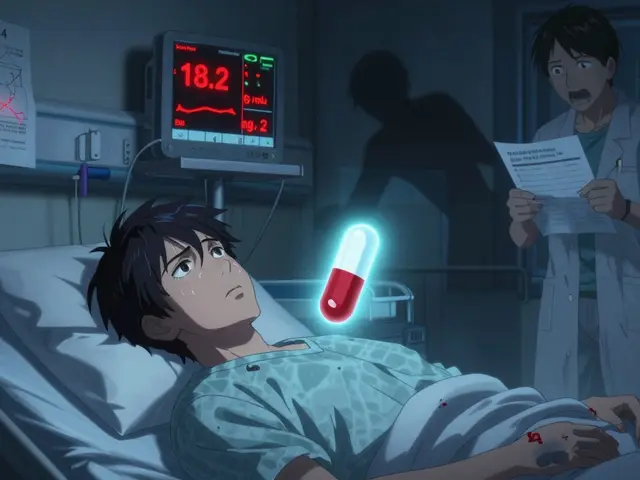Contraceptive Pill: A Simple Guide to Birth Control Choices
If you're thinking about birth control, the contraceptive pill is one of the most common options out there. It’s popular because it’s effective and easy to use, but it’s also important to know how it works and what types are available. Whether you want to prevent pregnancy or manage health issues, understanding the pill helps you make smart choices.
The contraceptive pill mainly works by using hormones to stop your ovaries from releasing an egg. Without an egg, pregnancy can’t happen. There are two main kinds: combined pills, which have estrogen and progestin, and progestin-only pills, often called the mini-pill. Each has its own schedule and effects, so it’s worth talking to your healthcare provider about which one fits your lifestyle best.
Picking the Right Pill and Using It Correctly
Choosing the right pill depends on a few things like your health, any medications you’re taking, and your daily routine. Combined pills are very effective but aren’t recommended if you smoke or have certain health problems. The mini-pill can be a good alternative for those who can’t take estrogen. Also, taking the pill at the same time each day is key—missed doses can lower its effectiveness.
Safety Tips and What to Expect
While the pill is generally safe, some people experience side effects like nausea, mood changes, or spotting between periods. These often settle after a few months. Keep an eye out for serious symptoms like chest pain or severe headaches, and contact your doctor if they happen. Also, remember the pill doesn’t protect against sexually transmitted infections, so using condoms is still important if you want dual protection.
Figuring out the right contraceptive pill is a personal decision, but knowing the basics puts you in control. Whether you’re new to birth control or considering a change, the pill remains a convenient and trusted method when used wisely. Got questions? Your healthcare provider can guide you through what fits your health and lifestyle best.
What happens if a girl takes too much contraceptive pill?
Taking too much of a contraceptive pill can have serious short and long-term health implications. Taking more than the prescribed dosage can lead to nausea, vomiting, and a decrease in the effectiveness of the pill. In addition, long-term use of an increased dosage can cause an increased risk of blood clots, stroke, and heart attack. Women should follow the instructions on the packet and speak to their healthcare provider if they have any concerns. Taking too much of a contraceptive pill can be dangerous and should be avoided.











